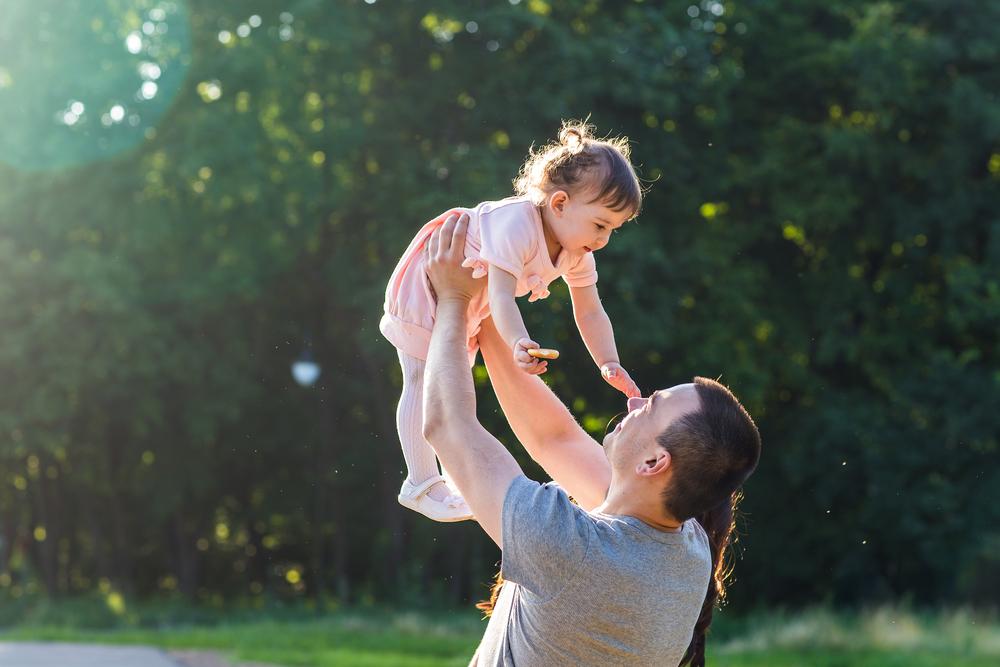Deb Wise was taking her 4-year-old daughter Katie into town so they could have lunch with Wise’s husband, Dennis. Katie asked if Uncle Tom, a good friend of theirs, would be there. Wise answered yes, and Katie leaned in close to whisper a secret.
“He saved my life once,” the girl said.






